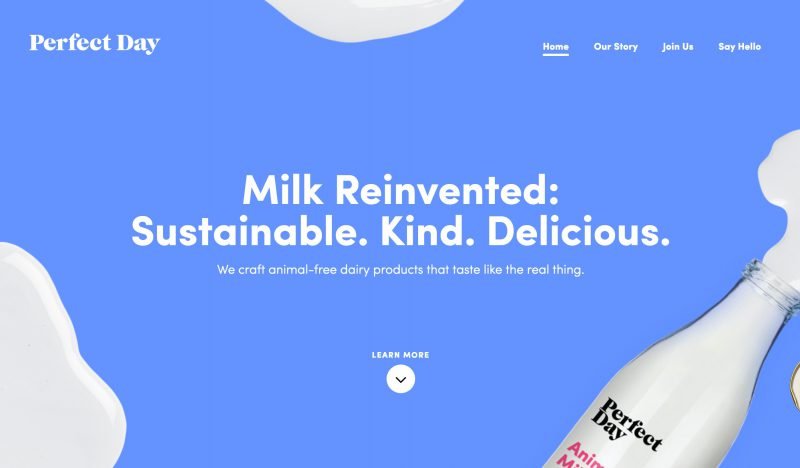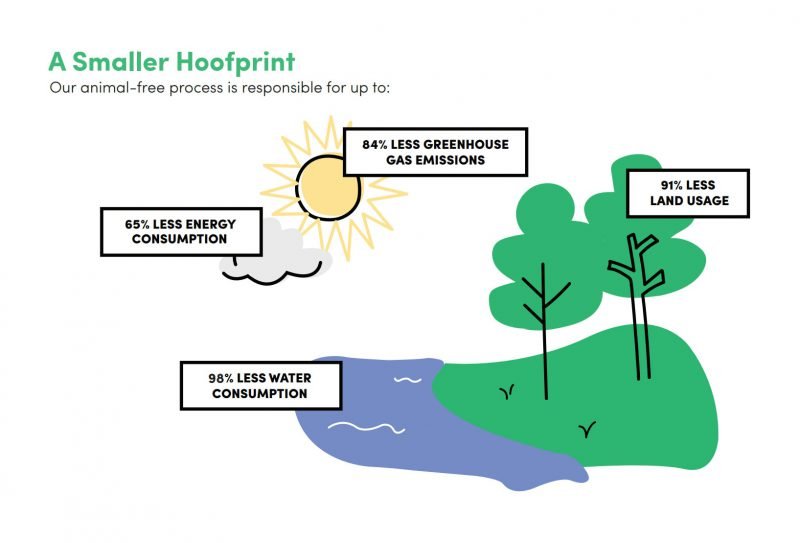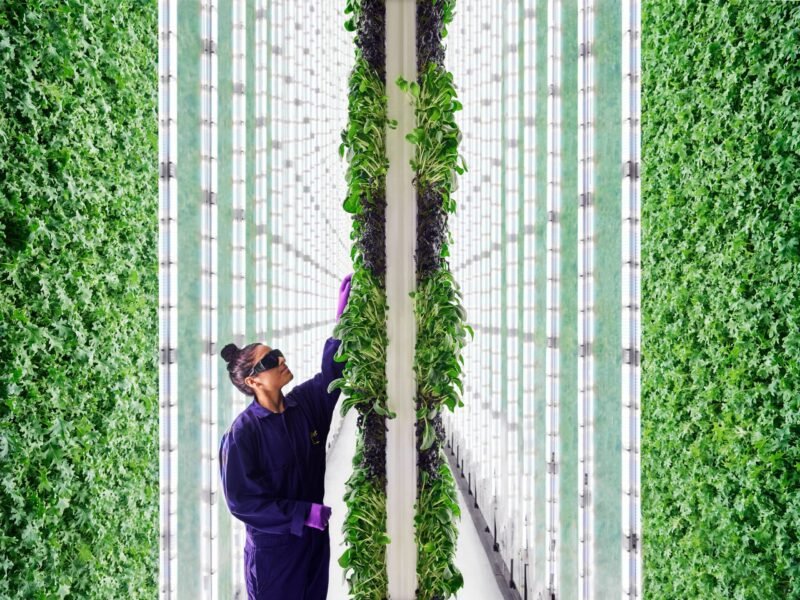Cow-Free Dairy Industry Shapes The Future Of Urban Food Production
What started in 2014 as a desire for Ryan Pandya and Perumal Gandhi to make their diet more sustainable while not giving up on their favorite food, cheese, ultimately culminated in an idea to develop a dairy product that could bring these two wishes together. With Perfect Day, Pandya and Gandhi might very well have realized their ambition.
Using biotechnology, the Pandya, Gandhi, and their team have developed a type of yeast that ferments sugar to produce the same proteins found in cow’s milk, casein and whey. These proteins can then in turn be used as a base for creating dairy products identical in taste and texture to those products based on proteins traditionally produced by cows.


Dairy products based on Perfect Day’s proteins are not only animal-free — not a single cow is needed in the production process — but also much more sustainable compared to cow’s milk-based dairy products. Wholly omitting cows from the production chain not only ensures that less energy and water are consumed, but also that fewer greenhouse gases are emitted. Additionally, a lot less land has to be occupied, for grazing cows are no longer needed.

The dairy farm of the future?
This last point is particularly interesting from an urban perspective, since it would mean that one of the largest barriers to agricultural production taking place in cities — that is, the lack of space — would by and large become obsolete. If dairy products could be produced using laboratory techniques like those used by Perfect Day, this might as well be done in suitable locations in cities such as vertical farms or rooftops. GrowX is an excellent example of what agricultural production in cities could look like in the future, introducing the first vertical farm in Amsterdam in a converted office building on the edge of the city.

GrowX — a vertical farm in a converted office building in Amsterdam
All in all, Perfect Day’s dairy products fit in well with other animal-free product launches like that of US-based Just Scramble and Dutch Vegetarische Slager, which aim to replace traditional eggs and meat with man-made alternatives. Will the future of animal products be animal-free, or man-made alternatives primarily function as complements to traditional, animal-based products?



